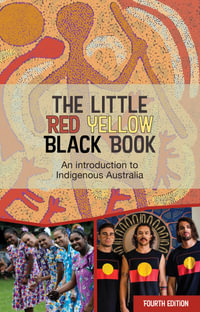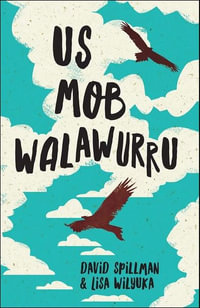
The Tourism Encounter
Fashioning Latin American Nations and Histories
By: Florence Babb
Hardcover | 30 August 2010
Sorry, we are not able to source the book you are looking for right now.
We did a search for other books with a similar title, however there were no matches. You can try selecting from a similar category, click on the author's name, or use the search box above to find your book.
ISBN: 9780804771559
ISBN-10: 0804771553
Published: 30th August 2010
Format: Hardcover
Language: English
Number of Pages: 264
Audience: General Adult
Publisher: Stanford University Press
Country of Publication: US
Dimensions (cm): 22.86 x 15.24 x 1.91
Weight (kg): 0.48
Shipping
| Standard Shipping | Express Shipping | |
|---|---|---|
| Metro postcodes: | $9.99 | $14.95 |
| Regional postcodes: | $9.99 | $14.95 |
| Rural postcodes: | $9.99 | $14.95 |
Orders over $79.00 qualify for free shipping.
How to return your order
At Booktopia, we offer hassle-free returns in accordance with our returns policy. If you wish to return an item, please get in touch with Booktopia Customer Care.
Additional postage charges may be applicable.
Defective items
If there is a problem with any of the items received for your order then the Booktopia Customer Care team is ready to assist you.
For more info please visit our Help Centre.
























